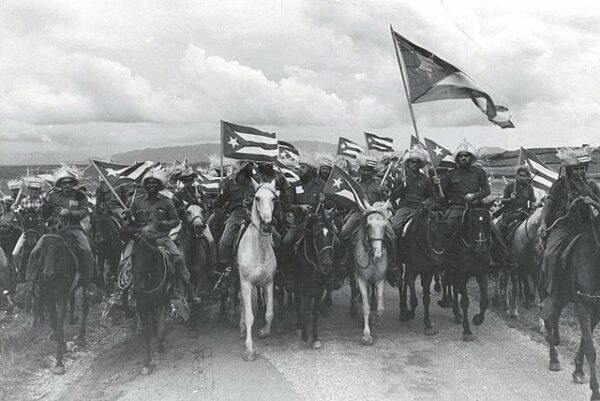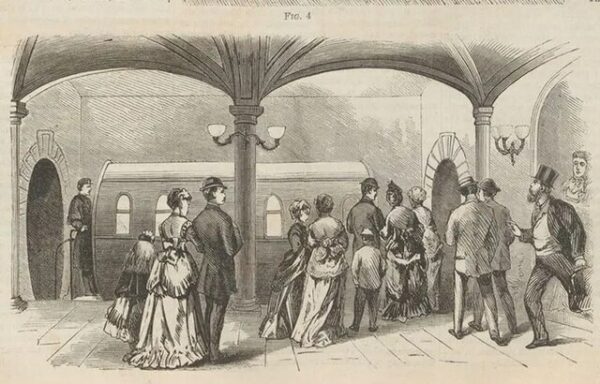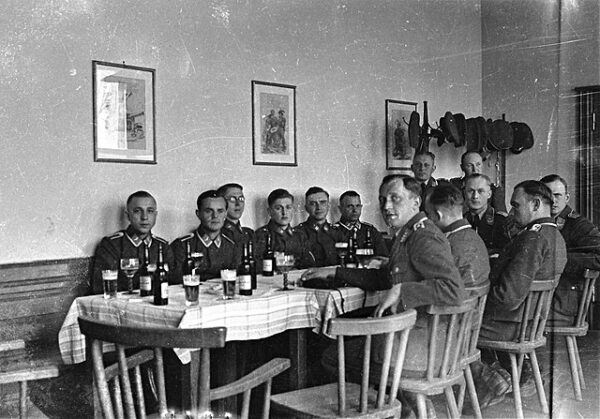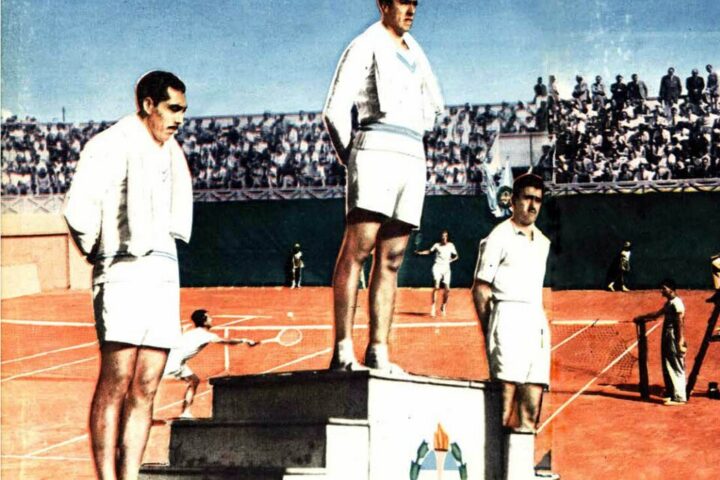On July 26, 1953, Fidel Castro launched the attack that marked the start of the Cuban revolution and reshaped the power structure of the Western Hemisphere. The July 26 Movement was named after the attack on the Moncada Barracks on that date in Santiago de Cuba. The attack was an attempt to overthrow the regime of Fulgencio Batista and spark a popular uprising.
“Castro and his younger brother, Raúl, escaped but were later arrested and imprisoned,” writes The History Channel.
“Fidel Castro’s trial and imprisonment served to build his reputation as a revolutionary leader. After Batista yielded to international pressure and granted amnesty to many political prisoners in 1955, Castro headed to Mexico, where he began organizing Cuban exiles into a movement named for the date of the failed Moncada attack.”
During their trial, Fidel delivered his famous speech “History Will Absolve Me,” which outlined the grievances of the Cuban people and called for an end to Batista’s rule.
Despite the initial setback, the July 26 Movement gained support and momentum over the years, with its members continuing to resist Batista’s regime through guerilla warfare and underground activities. In late 1956, Fidel Castro, along with Che Guevara and other revolutionaries, launched a second revolutionary campaign, landing in Cuba from Mexico on the yacht “Granma.”
The July 26 Movement faced numerous challenges and hardships during their guerrilla campaign, but their perseverance and growing popularity among the Cuban population eventually led to the ousting of Batista’s regime on January 1, 1959. Fidel Castro assumed power, and the movement transformed Cuba into a socialist state with close ties to the Soviet Union.
After seizing power, the July 26 Movement evolved into the Communist Party of Cuba, with Fidel Castro as its leader. Castro’s regime implemented a series of socialist reforms, including nationalizing industries and implementing land reforms, but it also faced opposition and criticism, leading to strained relations with the United States.
The rise to power did not become a panacea for the ailing island nation, however. One outlet described life under Castro rule: “Many good and democratic Cubans hailed them at the Hotel Nacional in Havana. They were hoping for a better, and more democratic, day. And they had been promised one.
Yet the Castros, Che Guevara, and that gang quickly turned the island into something all too familiar in the world: a one-party dictatorship with a gulag. People streamed out of the country, if they were able. One of them was Juanita Castro, who had fought alongside her brothers.”
Explaining her defection, she said, “I could not remain indifferent to what is happening in my country. My brothers Fidel and Raúl have made it an enormous prison surrounded by water.”
The mass exodus continues to this day.
Fidel Castro died in 2016, but today the country remains one of the last communist nation in the world.






